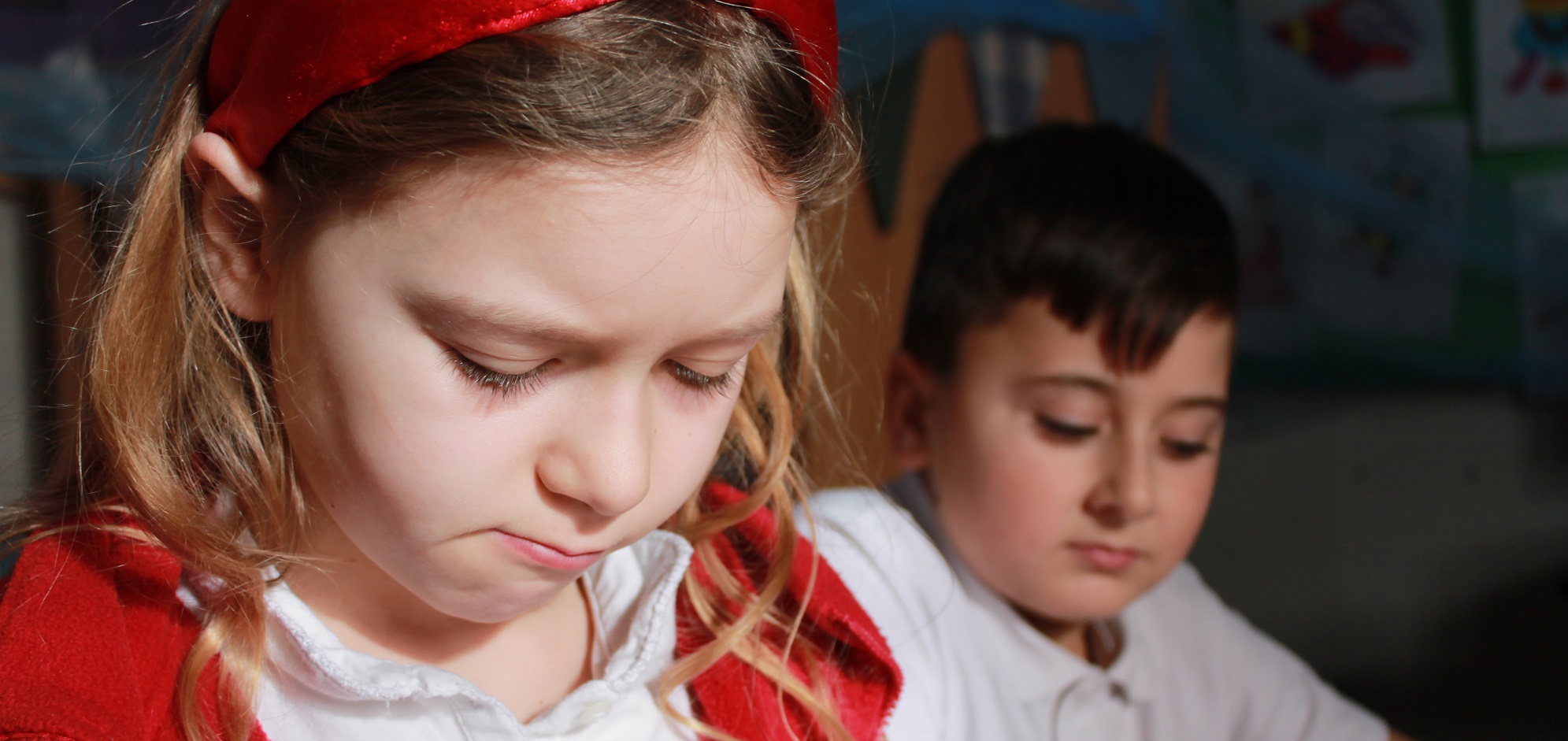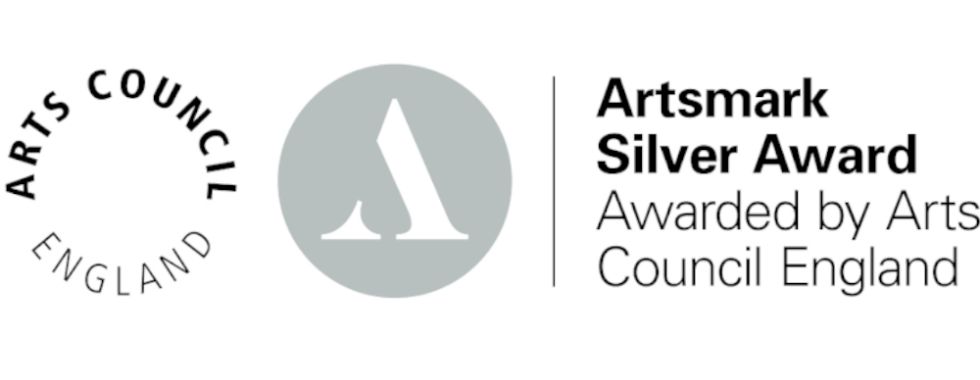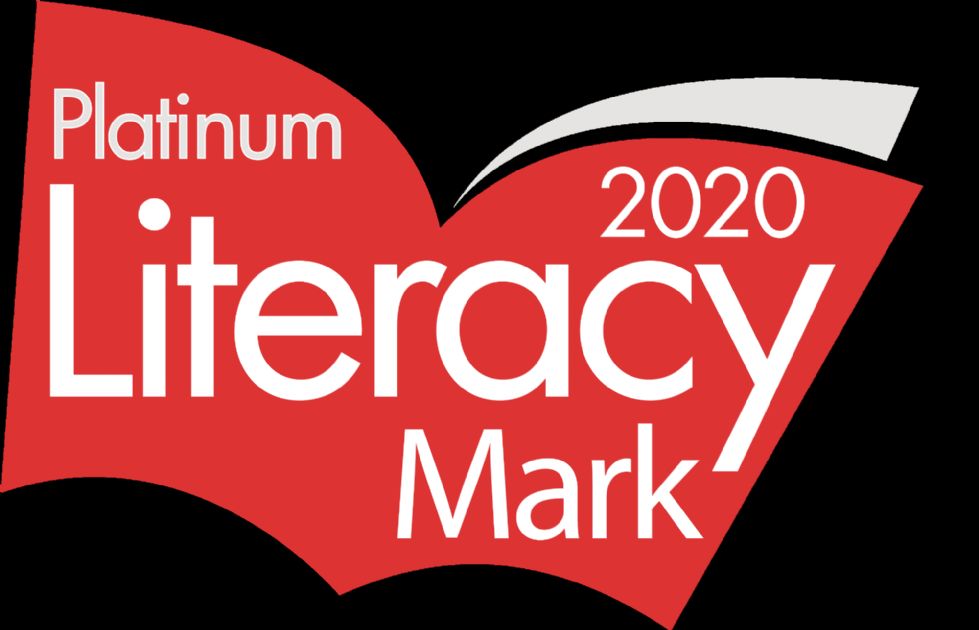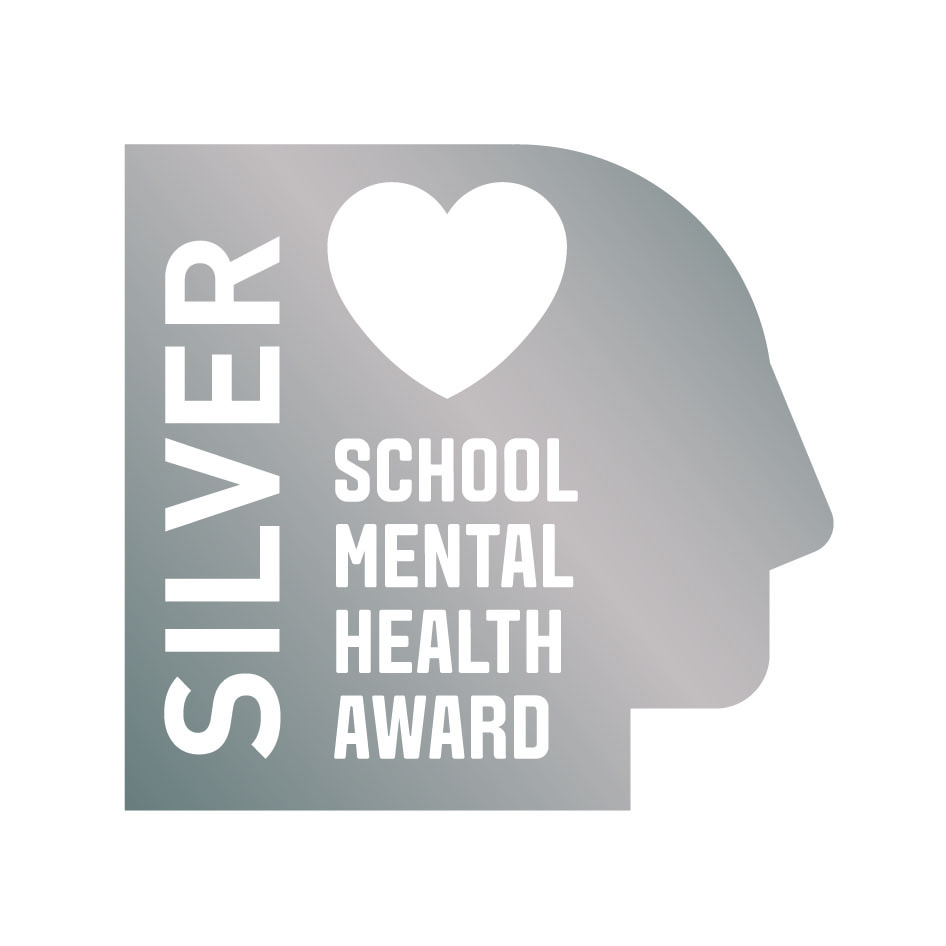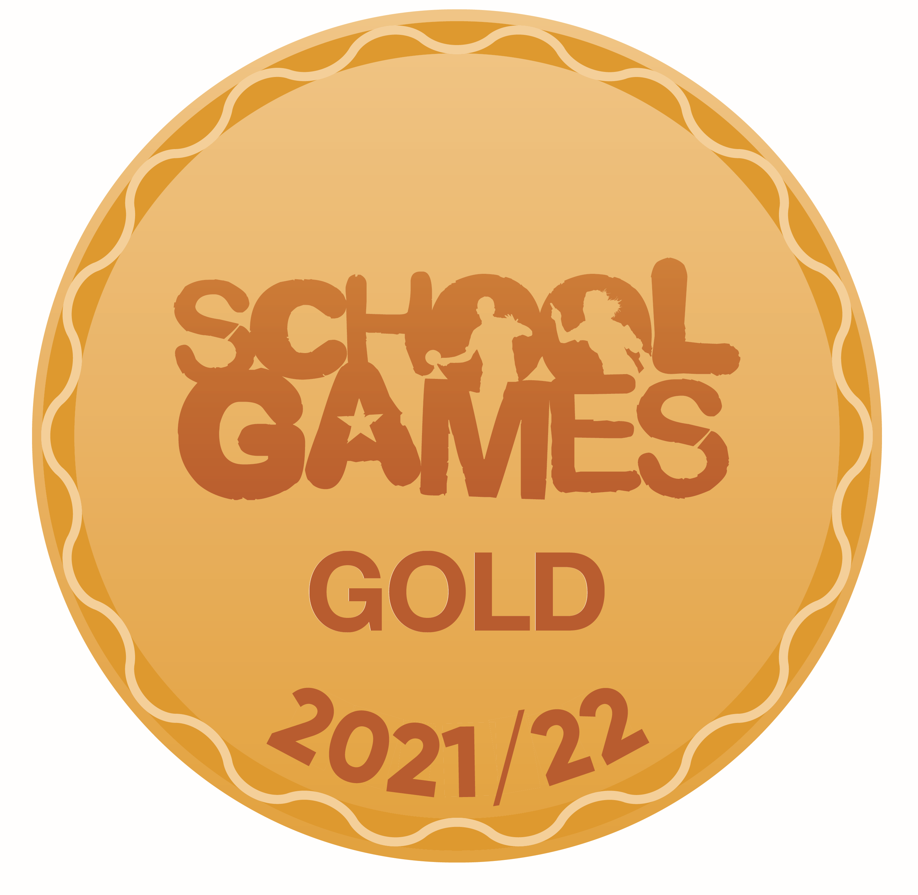Science
Our aim at Whitstable Junior School is to instil a lifelong curiosity for science and wonderment in all of the children, while developing their ability to apply this curiosity to working scientifically when learning today for life tomorrow.
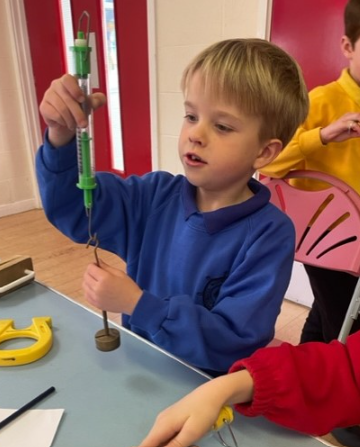 The intent of the science curriculum of Whitstable Junior School is to provide a broad, balanced, and ambitious program of study that inspires and challenges all pupils. The curriculum should be well-sequenced, ensuring that knowledge and skills are progressively developed and consolidated as pupils move through the school. It should promote a deep understanding of scientific concepts and principles while fostering a love for the subject supported by being safe, kind and responsible throughout this journey.
The intent of the science curriculum of Whitstable Junior School is to provide a broad, balanced, and ambitious program of study that inspires and challenges all pupils. The curriculum should be well-sequenced, ensuring that knowledge and skills are progressively developed and consolidated as pupils move through the school. It should promote a deep understanding of scientific concepts and principles while fostering a love for the subject supported by being safe, kind and responsible throughout this journey.
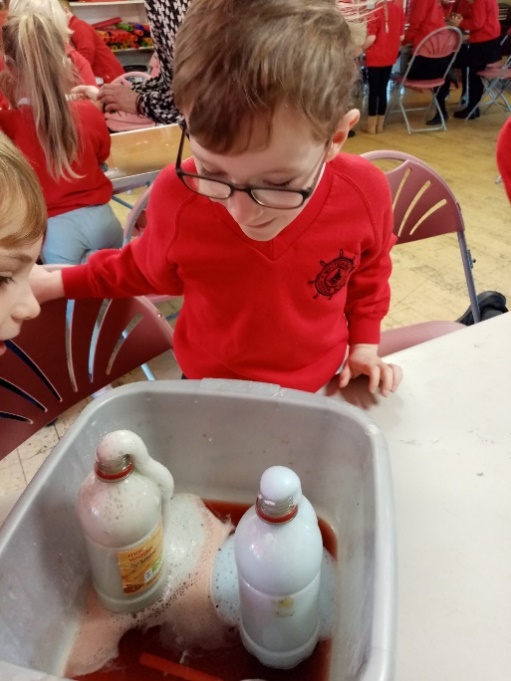 The curriculum should be designed to enable pupils to ask insightful questions, carry out practical investigations, and develop a sound understanding of the scientific method. It should also aim to nurture pupils' curiosity about the natural world, encourage critical thinking, and promote scientific literacy that goes beyond the classroom.
The curriculum should be designed to enable pupils to ask insightful questions, carry out practical investigations, and develop a sound understanding of the scientific method. It should also aim to nurture pupils' curiosity about the natural world, encourage critical thinking, and promote scientific literacy that goes beyond the classroom.
To implement an outstanding science curriculum, staff at Whitstable Junior Schools should ensure that high-quality teaching is at the heart of the provision. Teachers should have excellent subject knowledge, be passionate about science, and use a variety of engaging teaching approaches to cater to the needs of all learners.
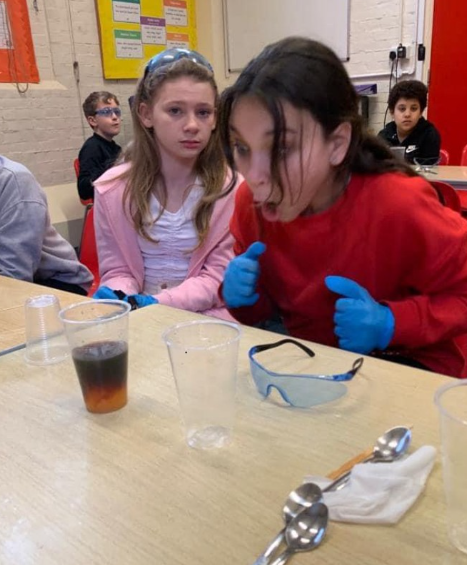 Hands-on practical experiences should be integrated into lessons to allow pupils to explore scientific phenomena first-hand and develop their investigative skills. Opportunities for pupils to work scientifically should be embedded throughout the curriculum, promoting the development of key scientific skills such as observation, prediction, analysis, and evaluation.
Hands-on practical experiences should be integrated into lessons to allow pupils to explore scientific phenomena first-hand and develop their investigative skills. Opportunities for pupils to work scientifically should be embedded throughout the curriculum, promoting the development of key scientific skills such as observation, prediction, analysis, and evaluation.
Cross-curricular links should be utilised to provide a rich context for learning, making connections between science and other subjects such as mathematics, technology, and the humanities. Guest speakers, visits to science centres, and involvement in STEM projects can also enhance pupils' learning experiences and expose them to the real-world applications of science.
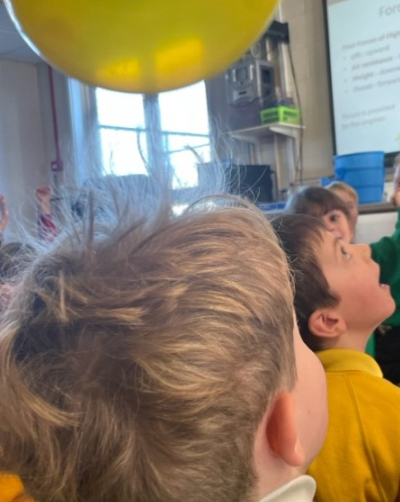 Our outstanding science curriculum at Whitstable Junior School will have a profound impact on pupils' knowledge, skills, and attitudes towards science. Pupils will demonstrate a deep understanding of scientific concepts, be able to apply their knowledge to solve problems, and communicate their findings effectively.
Our outstanding science curriculum at Whitstable Junior School will have a profound impact on pupils' knowledge, skills, and attitudes towards science. Pupils will demonstrate a deep understanding of scientific concepts, be able to apply their knowledge to solve problems, and communicate their findings effectively.
Pupils' curiosity and enthusiasm for science will be ignited, leading to a lifelong interest in the subject. They will develop a sense of wonder about the natural world and an appreciation for the role of science in society. As a result, pupils will be well-equipped to progress to secondary school with a solid foundation in science and the skills needed to succeed in further study.
The impact of the science curriculum should be evident in pupils' outcomes, attitudes towards learning, and their ability to think critically and analytically. Pupils should be confident in their scientific abilities, willing to take risks in their learning, and eager to explore the world around them through a scientific lens.



